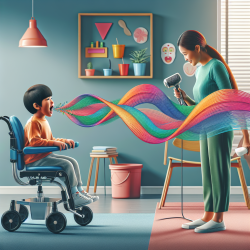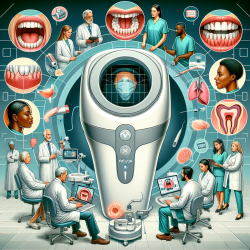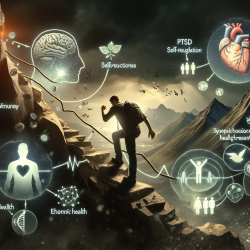The COVID-19 pandemic has accelerated the adoption of tele-audiology, presenting both opportunities and challenges for audiologists. A recent study, "Tele-Audiology in India: Current and Future Trends in Knowledge, Attitude, and Practice Among Audiologists," offers valuable insights that can help practitioners improve their skills and embrace tele-audiology more effectively.
Key Findings from the Study
The study surveyed 108 audiologists in India, revealing significant trends in knowledge, attitude, and practice (KAP) towards tele-audiology:
- Knowledge: While most audiologists are aware of tele-audiology guidelines, there is a gap in knowledge about the technical requirements and ethical considerations. Only 60.5% of tele-practitioners were aware of the essentialness of remote computing software.
- Attitude: Audiologists generally have a positive attitude towards tele-audiology, recognizing its potential to increase geographical reach. However, concerns about the quality of interaction and the need for more planning were noted.
- Practice: Tele-audiology practice is mostly limited to counseling and aural rehabilitation, with diagnostic services being less common. Infrastructure and training remain significant barriers.
Recommendations for Practitioners
Based on the study's findings, here are some actionable recommendations for audiologists:
- Enhance Technical Knowledge: Familiarize yourself with the necessary software and hardware for tele-audiology. Understanding data encryption, privacy, and the technical requirements can improve service delivery.
- Improve Training: Engage in specialized training and continuing education programs to better understand tele-audiology's diagnostic and therapeutic aspects.
- Optimize Patient Environment: Ensure that the patient's environment is conducive to tele-audiology sessions, with minimal background noise and appropriate lighting.
- Adopt Evidence-Based Practices: Utilize evidence-based practices for conducting diagnostic tests and rehabilitation using tele-audiology.
Conclusion
The study highlights that while there is a positive attitude towards tele-audiology, its application remains limited. By enhancing technical knowledge, improving training, and adopting evidence-based practices, audiologists can bridge the gap between knowledge and practice. Specialized training and continuing education programs are crucial for promoting tele-audiology services in clinical practice.
To read the original research paper, please follow this link: Tele-Audiology in India: Current and Future Trends in Knowledge, Attitude, and Practice Among Audiologists










